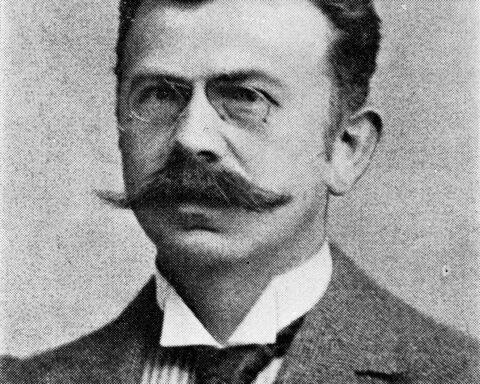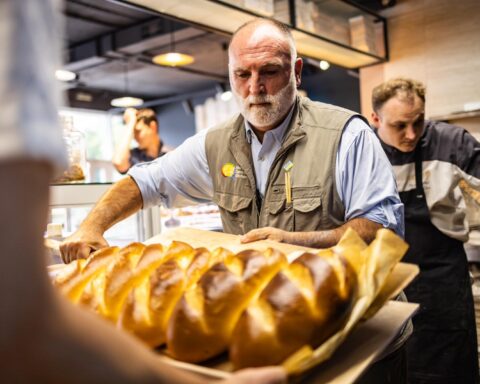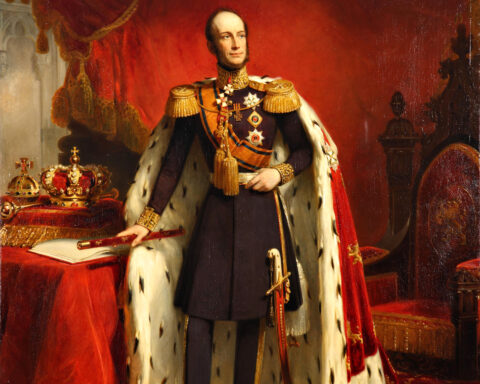1. Proportional
Proportional representation means you end up with many (perhaps too many) parties and the small ones have the potential to have a voice and be decision makers.
2. People
Personality is more important than programs. We are three weeks away from municipal elections and still nobody seems to have an idea on the program of any of the parties.
3. Mandatory
If you are registered, it is obligatory to vote. If you don’t vote you can be fined.
“The elephant in the room are that ex-pats can only vote in local elections and communes have no say on reducing the tax burden which is both too high and unfairly targeted.”
4. Voting
When voting, you can cross the circle at the top of the list, to allocate all your votes to that party or scatter your votes (up to 2 per candidate) across all the parties selecting the people you think are best for the job. Don’t do both otherwise your vote is null and void.
5. Competitiveness
The Luxembourg economy is based on exporting goods and services (we exported 211% of our GDP in 2021) so any party that doesn’t understand why we have to remain competitive shouldn’t be in power.
6. Wiretapping
In recent years the CSV have been the single biggest party at national elections. Managing to keep the public sector, pensioners, and everyone else happy by being generous with pay increases, pensions and wiretapping.
7. The insecure party
The green party could also be called the insecure party, since they always seem to vote against increasing security measures.
8. Tax
The elephant in the room is that ex-pats can only vote in local elections, (even though we pay lots of tax) and communes despite influencing housing, mobility and security, have no say on reducing the tax burden which is both too high and unfairly targeted.
9. Photographs
Residents of small communes tend to know each other well, therefore election posters are more like photo albums of friends than election material.
10. Democracy
Democracy is a good thing and everybody should vote so don’t forget.



















